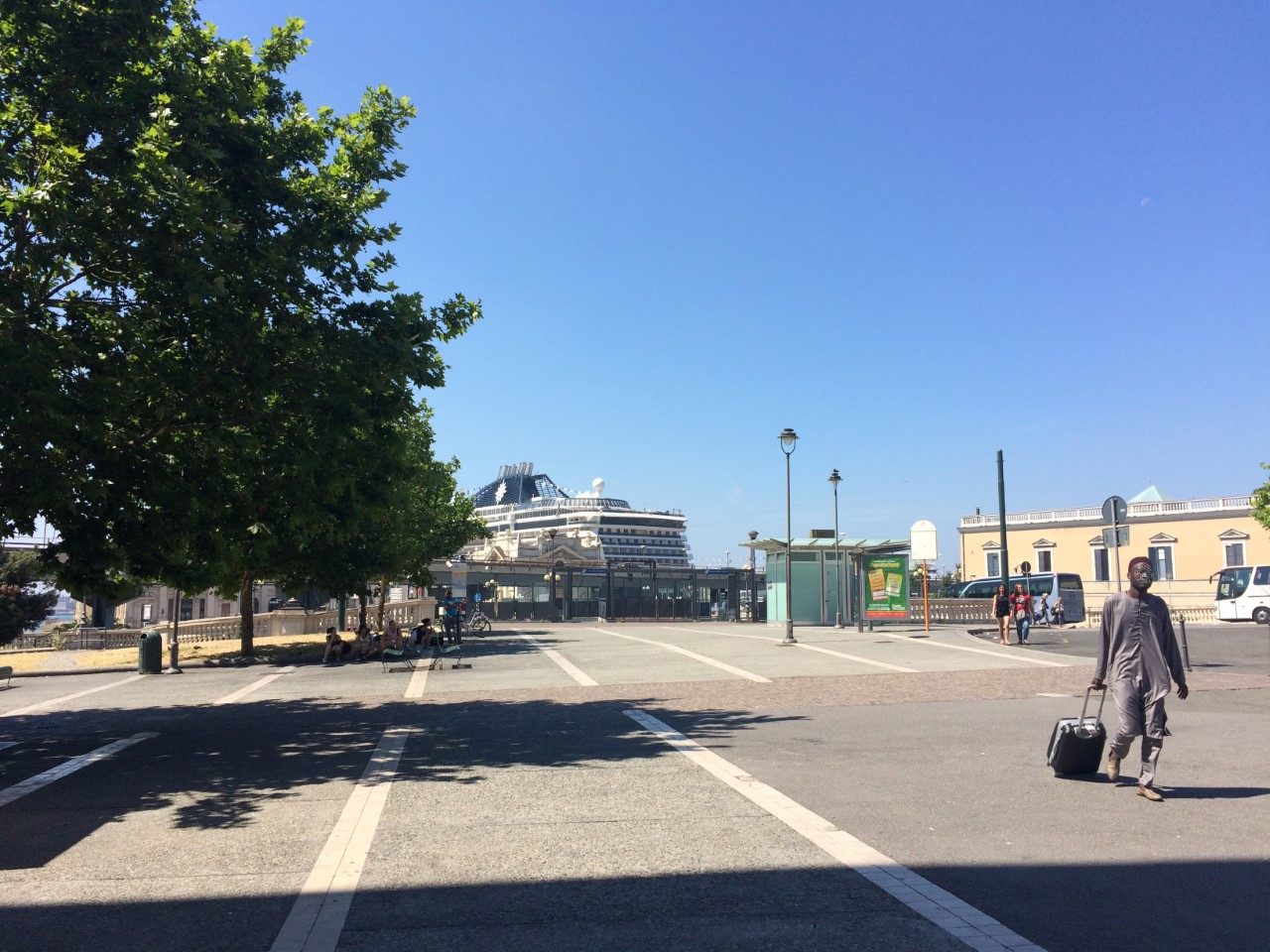Migration and Inequality A Structural Approach
Main Article Content
Abstract
Migrants are omnipresent in cosmopolitan societies. Propelled from their homelands by poverty, violence, and environmental disasters—and the promise of better opportunities and security—migrants have found their way into metropolitan regions. At the same time, we see steep increases in economic inequality. These changes, which are intrinsically connected to the rise of neoliberal polices, have pushed immigration to the top of the political agenda for both the political right and left in many nations. The right seeks to erect walls, restrict immigration, and deport the undocumented. The left seeks amnesty, sanctuary policies and other measures to advance human rights in response to the migration crisis. Yet neither approach addresses the underlying causes of migration nor growing inequalities that together animate populist revolts on both the left and right across the globe.
In this paper, I employ a framework that foregrounds capitalist accumulation at the center of these processes. Focusing on urban areas in the US, I highlight the ways economic, social and political structures contribute to growing inequalities between immigrants and the native born -- as well as sharp inequalities within each group -- which, in turn, affect patterns of immigrant incorporation, politics and options for reform. The paper examines US immigration and immigrant policy, assessing their impacts on inequality and immigrant incorporation processes and outcomes. I conclude by pointing to contemporary social movements and evolving political alignments, which have the potential to achieve more egalitarian outcomes capable of sustaining social cohesion in metropolitan regions, as well as more stable and robust democratic systems across borders. Given that immigrants and their offspring comprise nearly one in four people in the U.S., addressing such inequalities is theoretically important and a pressing political concern.
Article Details
Section
Authors who submit articles to this journal from 31st March 2014 for publication, agree to the following terms:
a) Authors retain copyright and grant the journal right of first publication with the work simultaneously licensed under a Creative Commons Attribution License that allows others to share and adapt the work with an acknowledgement of the work's authorship and initial publication in this journal.
b) Authors are able to enter into separate, additional contractual arrangements for the non-exclusive distribution of the journal's published version of the work (e.g., post it to an institutional repository or publish it in a book), with an acknowledgement of its initial publication in this journal.
c) Authors are permitted and encouraged to post their work online (e.g., in institutional repositories or on their website) prior to and during the submission process, as it can lead to productive exchanges, as well as earlier and greater citation of published work (See The Open Access Citation Advantage Service). Where authors include such a work in an institutional repository or on their website (ie. a copy of a work which has been published in a UTS ePRESS journal, or a pre-print or post-print version of that work), we request that they include a statement that acknowledges the UTS ePRESS publication including the name of the journal, the volume number and a web-link to the journal item.
d) Authors should be aware that the Creative Commons Attribution (CC-BY) License permits readers to share (copy and redistribute the work in any medium or format) and adapt (remix, transform, and build upon the work) for any purpose, even commercially, provided they also give appropriate credit to the work, provide a link to the license, and indicate if changes were made. They may do these things in any reasonable manner, but not in any way that suggests you or your publisher endorses their use.
For Volume 5 No 3 (2013) and before, the following copyright applied:
Authors submitting articles to UTSePress publications agree to assign a limited license to UTSePress if and when the manuscript is accepted for publication. This license allows UTSePress to publish a manuscript in a given issue. Articles published by UTSePress are protected by copyright which is retained by the authors who assert their moral rights. Authors control translation and reproduction rights to their works published by UTSePress. UTSePress publications are copyright and all rights are reserved worldwide. Downloads of specific portions of them are permitted for personal use only, not for commercial use or resale. Permissions to reprint or use any materials should be directed to UTSePress.
